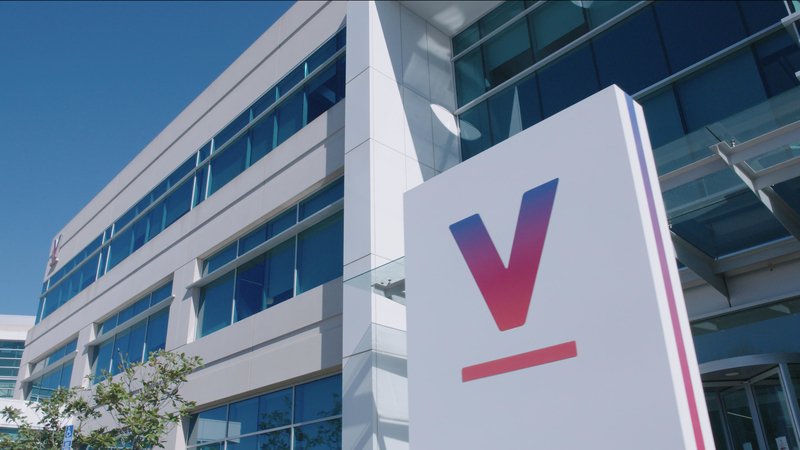Making good on its pledge to expand reach of Project Baseline, its clinical research platform, Verily is set to acquire North Carolina-based software developer SignalPath. Like Baseline, SignalPath’s eponymous platform aims to make the entire clinical trial process more efficient.
Financial terms of the deal weren’t disclosed, but Verily noted that the buyout marks its first major acquisition since it spun out of Google’s R&D department into its own Alphabet subsidiary in 2015.
SignalPath’s flagship software, TrialPath, completely digitizes each trial’s individual protocols. It includes modules to track nearly every aspect of a clinical trial, from budgeting to site management to point-of-care communication.
The company has also built out a network of prestigious clinical research sites to help form high-potential research partnerships, with support from SignalPath’s software, sponsors and other clinical trial resources.
Baseline, for its part, is designed not only to help researchers manage their clinical trials but also to gather real-world evidence to support those trials. As information is collected by sensors and biomarkers, for example, the platform aggregates and analyzes those data for easier integration into a study’s findings.
And, similar to SignalPath’s research network, Baseline has also compiled a research consortium of its own, this one centering around the more than 500,000 people who have contributed their health records to the platform to improve trial design and recruitment.
Once the deal is finalized, SignalPath’s technology will be folded into the Baseline platform. Verily will retain SignalPath’s Raleigh, North Carolina, headquarters, where the company’s employees will be based as they join Verily’s clinical research business.
That segment is overseen by Amy Abernethy, M.D., Ph.D., a former principal deputy commissioner at the FDA. She joined Verily in June with a mission directive to spearhead the company’s plans to expand its entire business into a full-scale clinical evidence generation platform.
The SignalPath acquisition will advance those efforts by boosting the Baseline technology’s ability to improve efficiency, lower costs and speed up clinical trials at research sites around the world, Abernethy said in a statement.
“Through our combined efforts, we hope to help bring medicines to patients more quickly, involve a larger community of people in the process by making participation in clinical research easier and set a new standard for clinical studies and evidence generation,” she added.
It’s been a year of rapid growth for Verily, backed by the whopping $700 million it raked in at the very end of 2020. At the time, it said the funding would be used to expand in practically every direction.
That’s exactly what has happened in the ensuing months. In addition to bringing Abernethy aboard to build out Project Baseline, Verily has also pushed its Onduo virtual clinic into a handful of new areas. Originally designed as a diabetes management app, the platform has since grown to provide virtual care and coaching for chronic conditions like obesity and high blood pressure as well as mental and behavioral health.
As if that weren’t enough, earlier this month Verily also laid out its plans to open a new R&D center in Israel. It’ll partner with local hospitals, researchers and medtech developers there to develop new artificial-intelligence-based tools for healthcare.

